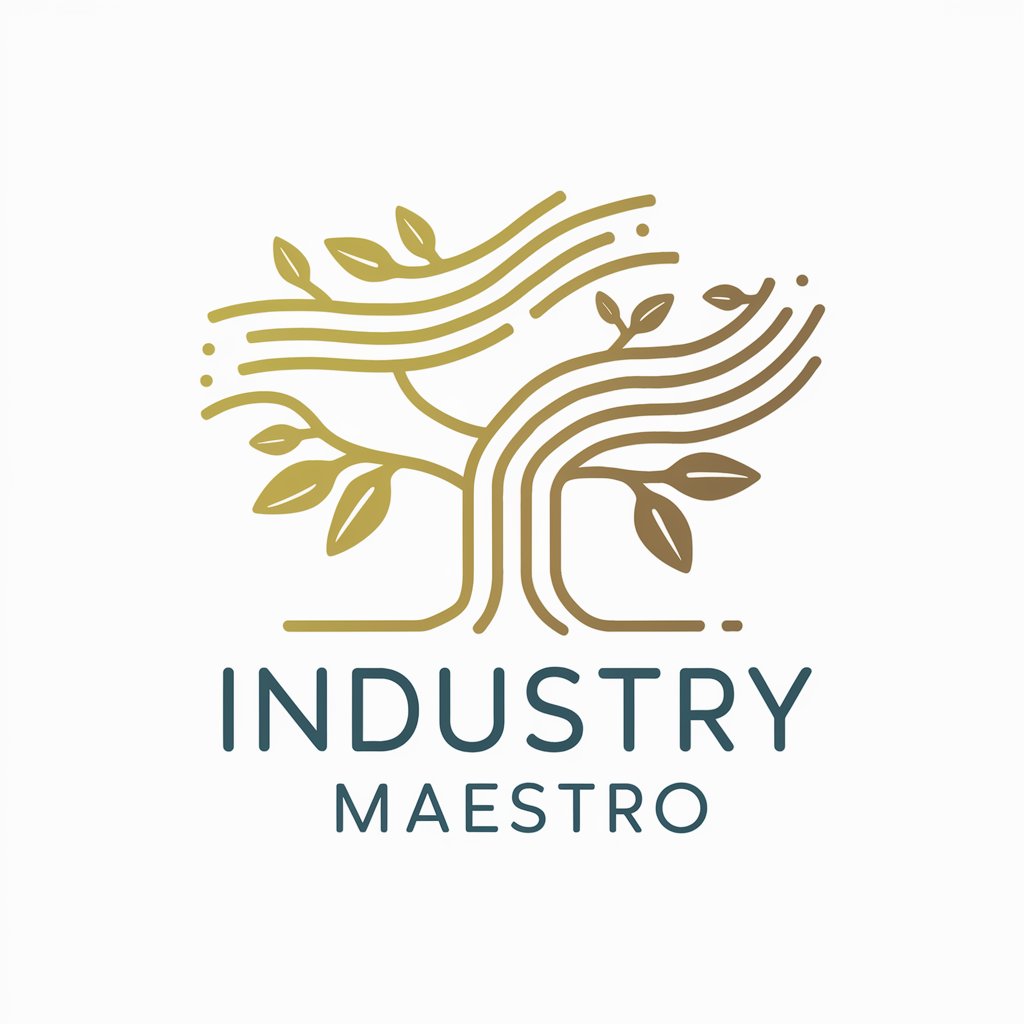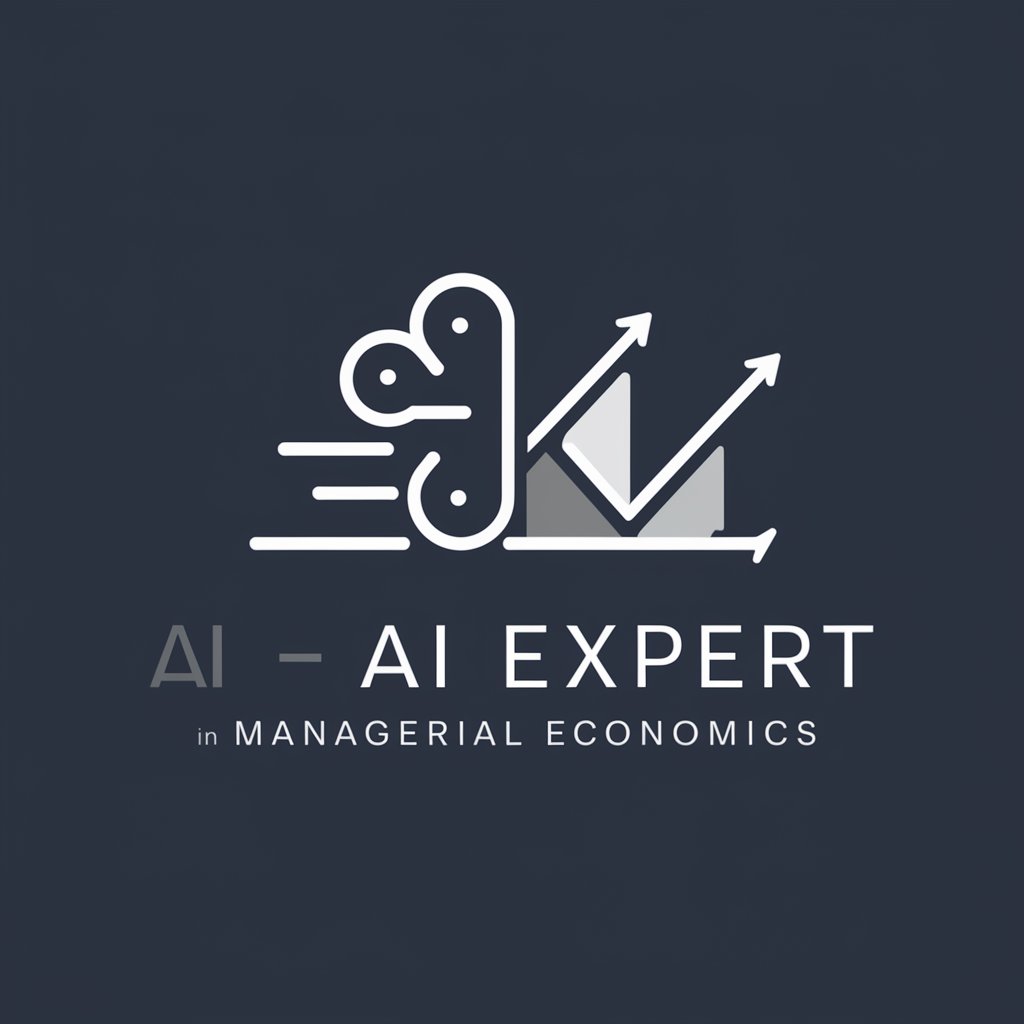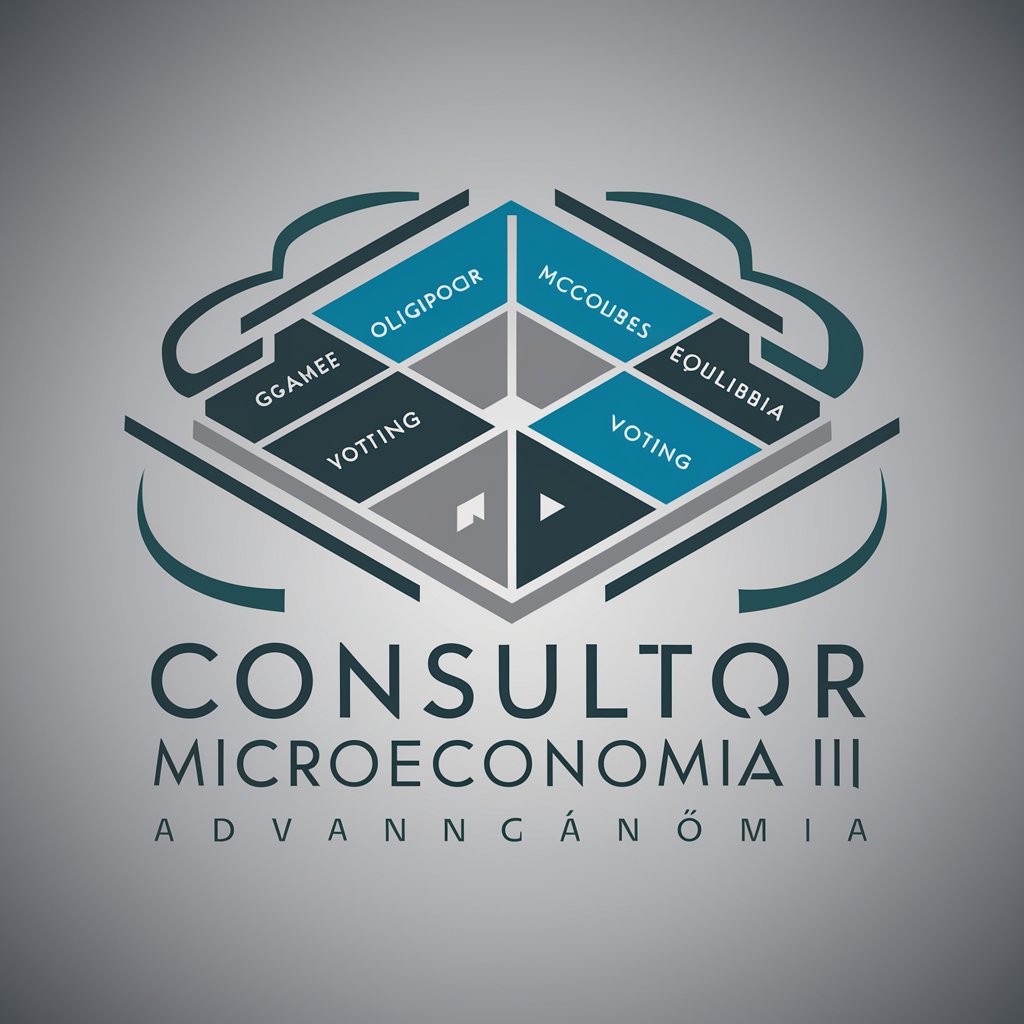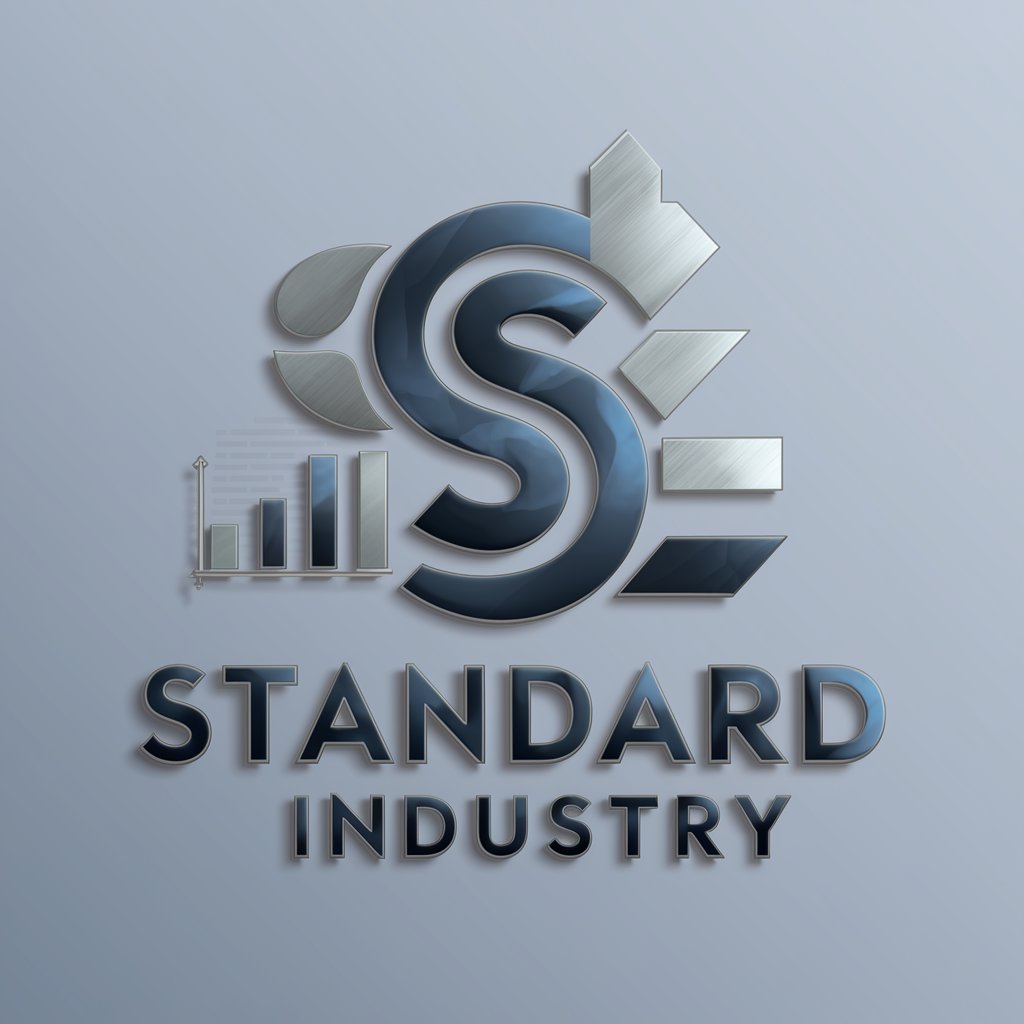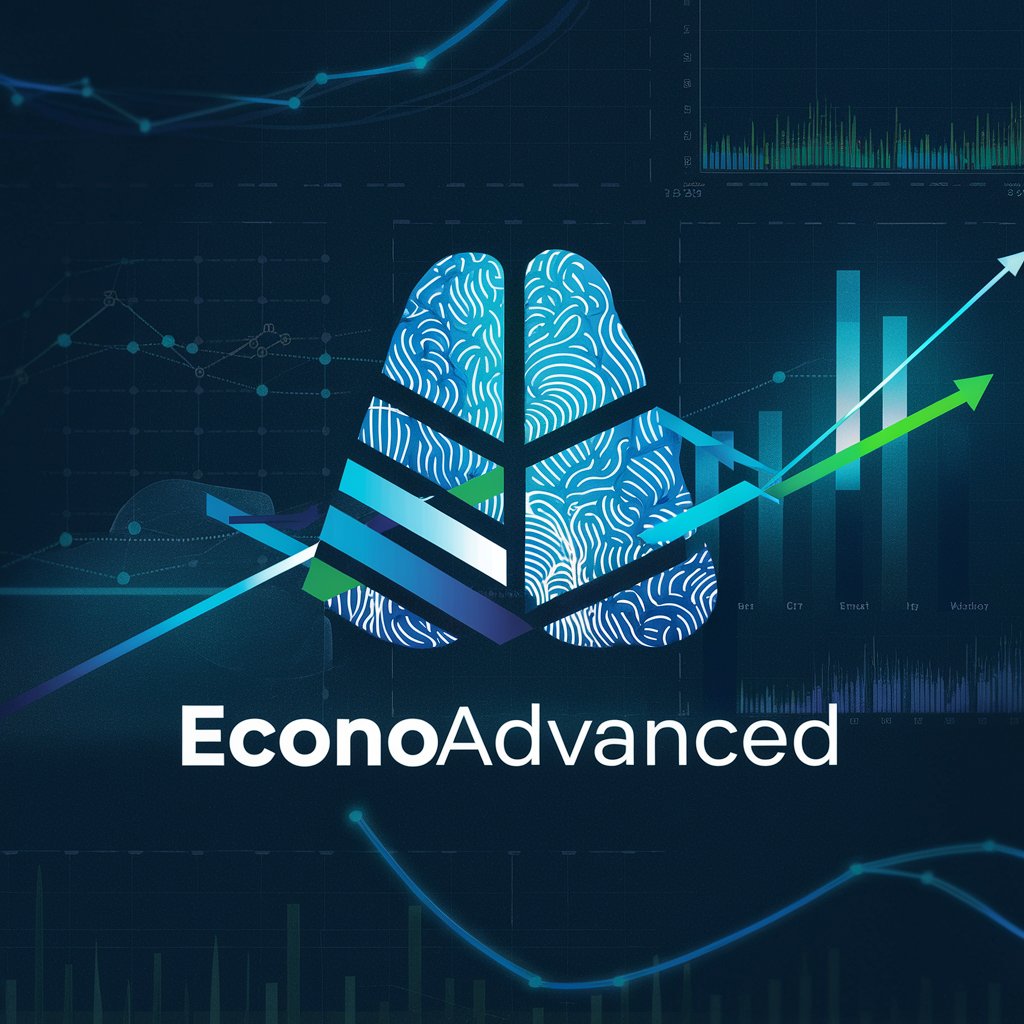
Industrial Organization - Strategic Market Insights
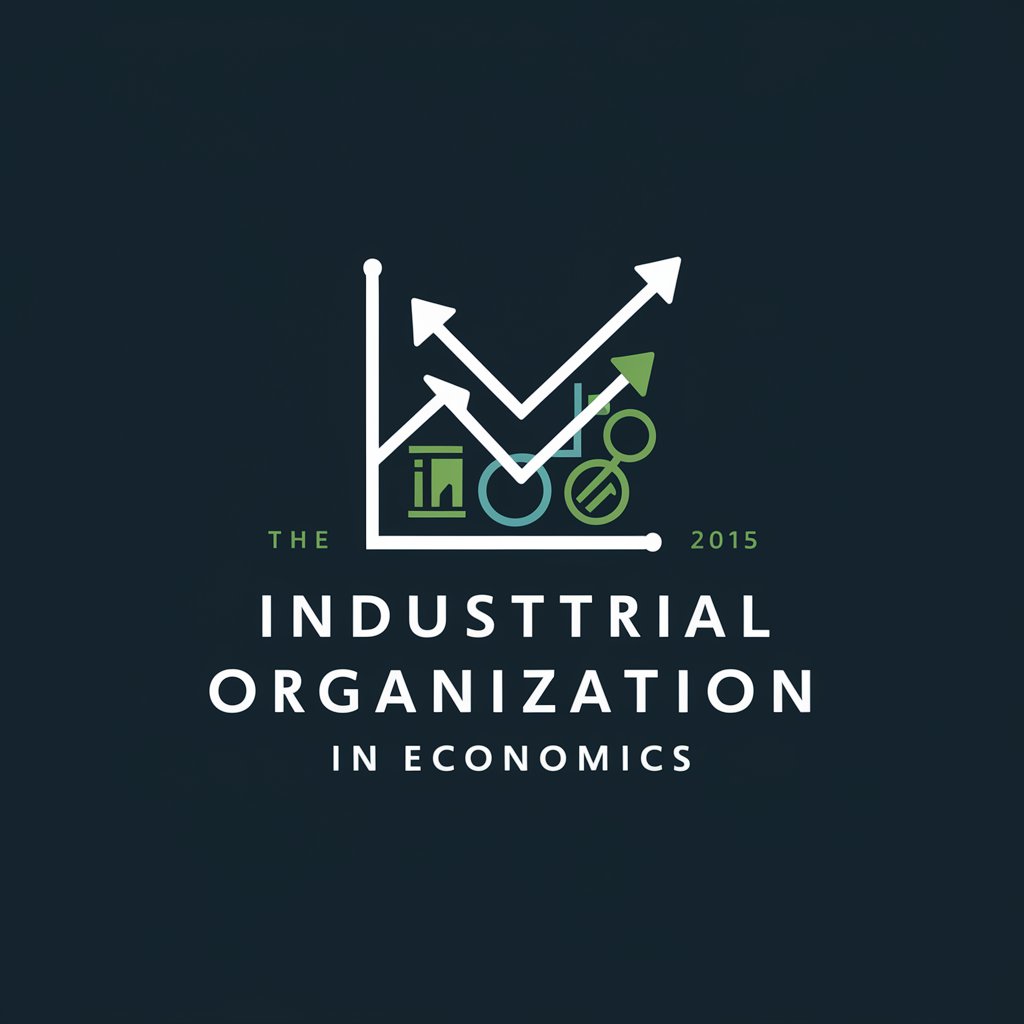
Welcome! Let's dive into the world of industrial organization.
Optimize strategies with AI-powered market insights
Explain the concept of price discrimination and provide real-world examples.
How do monopolistic markets differ from perfectly competitive markets?
Discuss the impact of market entry barriers on industry structure.
Analyze the role of government regulation in preventing monopolistic practices.
Get Embed Code
Understanding Industrial Organization
Industrial organization (IO) is a field within economics that studies the behavior of firms in the market and how they interact with market structures, strategic interactions, and regulatory frameworks. The primary focus is on understanding how firms' market power and pricing strategies influence market outcomes, such as prices, quantities, and welfare. The study of IO includes analyzing various market forms such as monopoly, oligopoly, and monopolistic competition. For example, consider the market for pharmaceuticals, often dominated by a few firms due to high entry barriers like patent protections and regulatory approvals, allowing firms to practice price discrimination and patent wars. Powered by ChatGPT-4o。

Main Functions of Industrial Organization
Market Structure Analysis
Example
Examining the dynamics of competition within the airline industry, where a small number of large carriers and numerous small carriers coexist.
Scenario
This analysis helps to explain pricing strategies, route selections, and capacity choices in response to market demands and regulatory changes.
Firm Behavior and Strategic Decision-Making
Example
Studying how tech giants engage in strategic patent acquisitions to both innovate and block competitors.
Scenario
Understanding these strategies informs discussions on antitrust regulations and the balance between fostering innovation and preventing monopolies.
Regulatory Impact Assessment
Example
Analyzing the effects of net neutrality rules on internet service providers and content providers.
Scenario
This helps predict how changes in regulations could affect internet speeds, access costs, and the overall competitiveness of the market.
Ideal Users of Industrial Organization Services
Policy Makers
Government agencies and regulatory bodies benefit from IO analysis to design effective policies and regulations that ensure competitive markets and prevent anti-competitive practices.
Business Executives
Executives use IO principles to craft strategies that leverage their firm’s market position and navigate competitive pressures, regulatory landscapes, and market opportunities effectively.
Academic Researchers
Researchers in economics and business study market phenomena, test economic theories, and contribute to academic knowledge and practical applications in the field of industrial organization.

Steps for Using Industrial Organization
Sign Up for a Trial
Visit yeschat.ai to start a free trial of Industrial Organization, with no login or ChatGPT Plus subscription required.
Identify Your Needs
Assess your specific needs to determine how Industrial Organization can assist you. Common uses include competitive analysis, market structure evaluation, and pricing strategy formulation.
Engage with Interactive Tools
Use the interactive tools and simulations available to experiment with different market scenarios and their outcomes. This hands-on approach helps in understanding complex economic concepts.
Apply Insights to Real-World Problems
Utilize the insights gained from Industrial Organization to solve real-world problems such as identifying market power abuse or optimizing product offerings.
Evaluate and Iterate
Continuously evaluate the outcomes of your strategies and make iterative improvements based on the data and insights provided by Industrial Organization.
Try other advanced and practical GPTs
Frecher Fritz
Cheeky Fun with AI Power

Gestion de Projet
AI-Powered Project Management Simplified
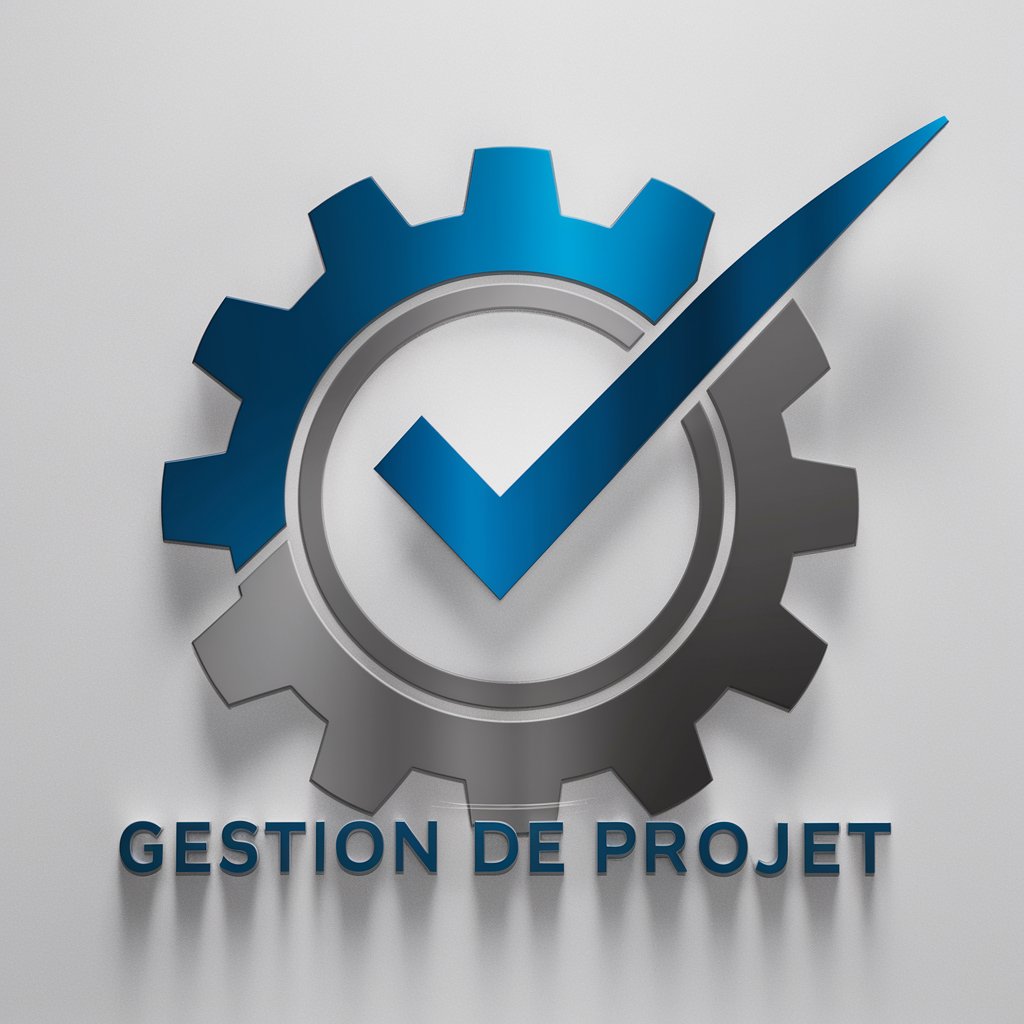
Proofread GPT
Perfect Your Text with AI
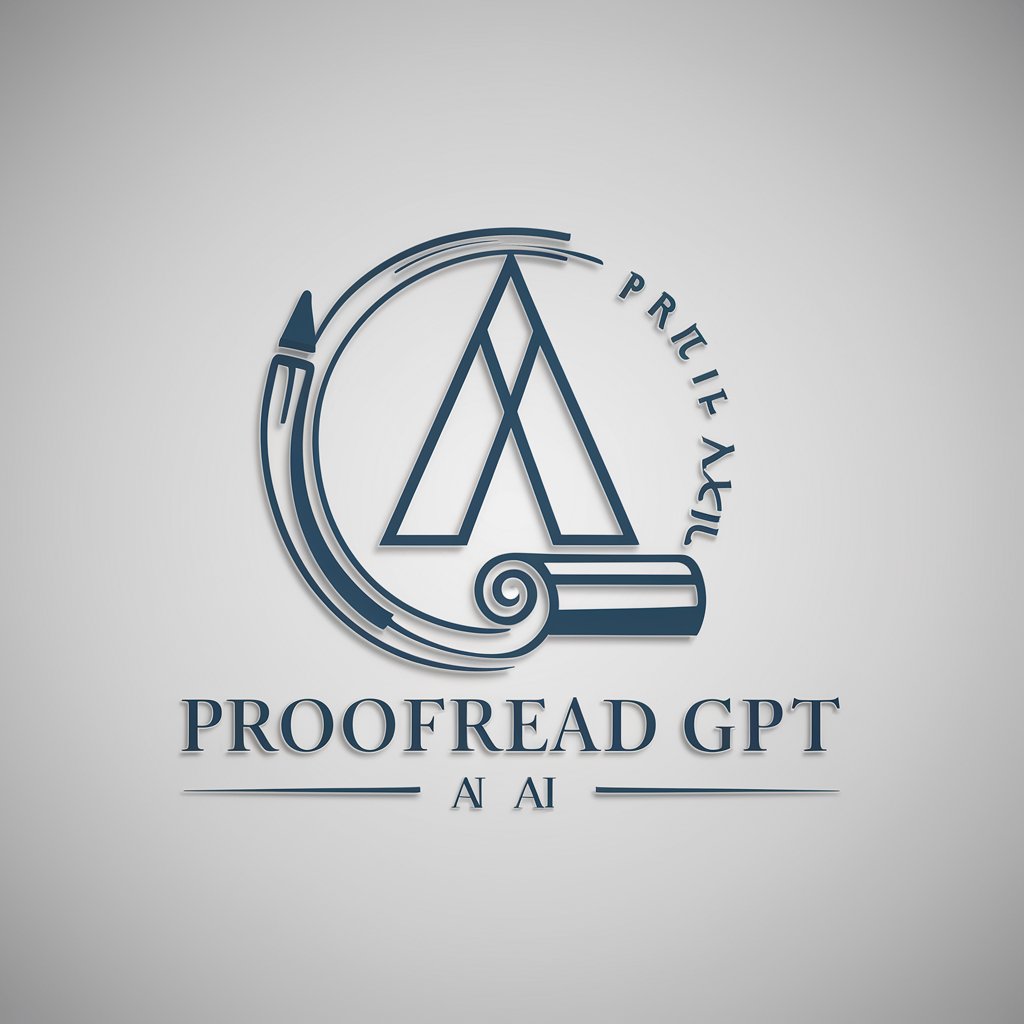
Post Creator - Categorized
AI-Powered LinkedIn Engagement
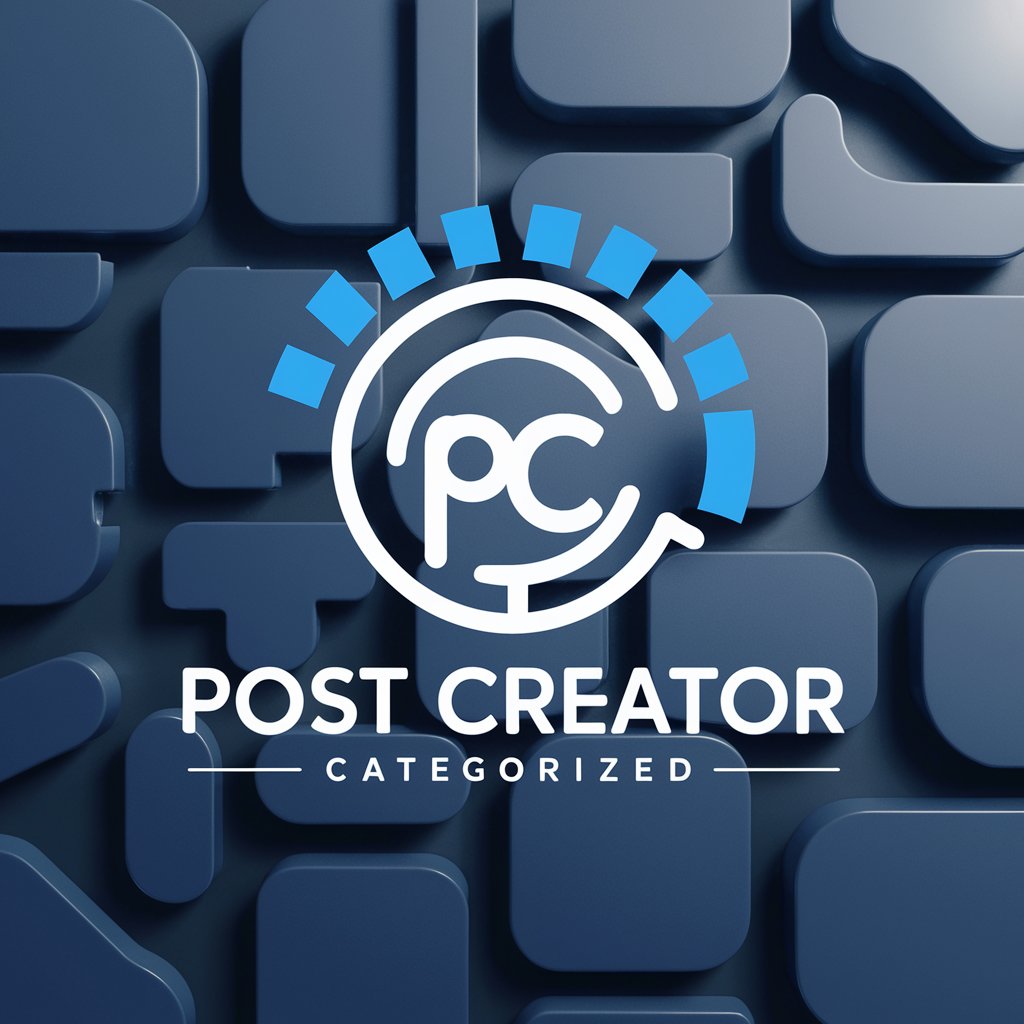
The Flash
Powering your queries with AI
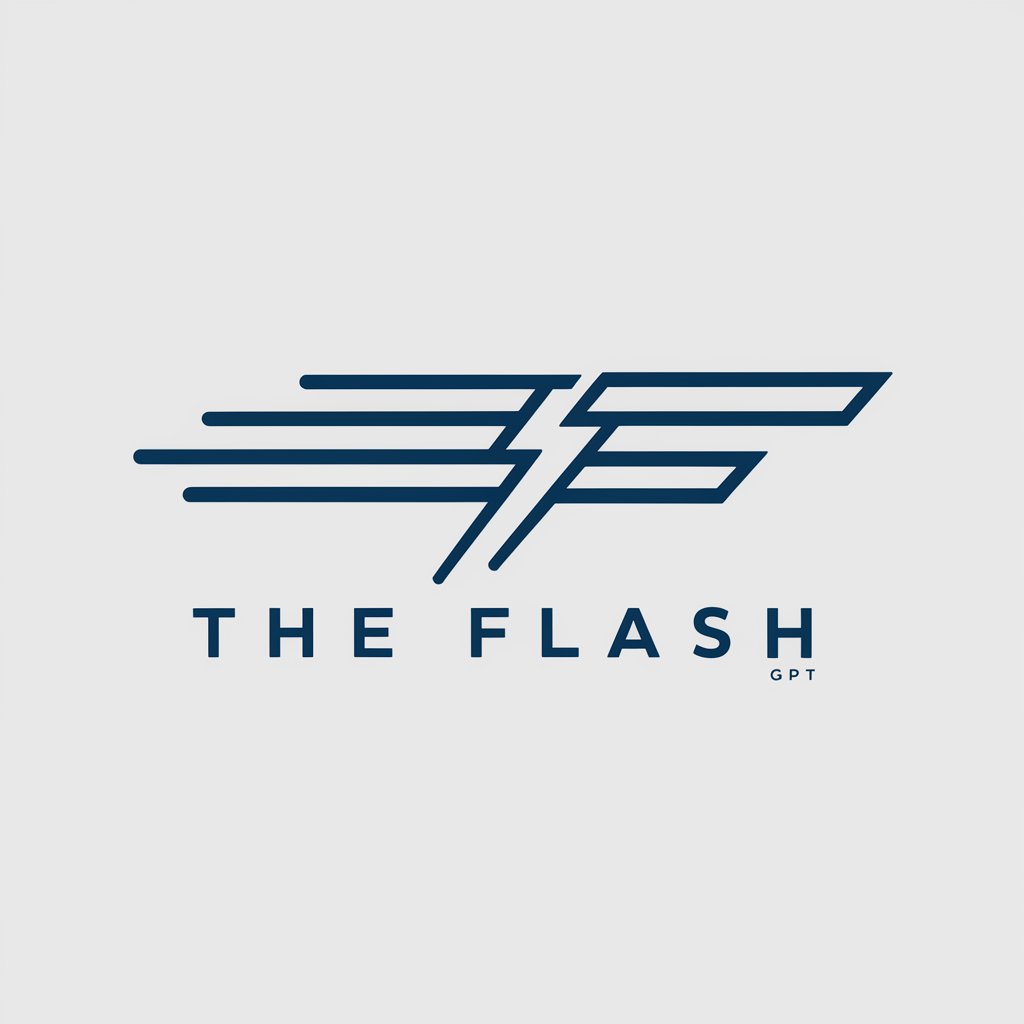
Traductor ES - FR
Seamless Spanish to French AI Translations

Piaget, Course Architect
Revolutionizing Course Creation with AI

● Legible Bot v3.0 Public
Enhance Readability with AI
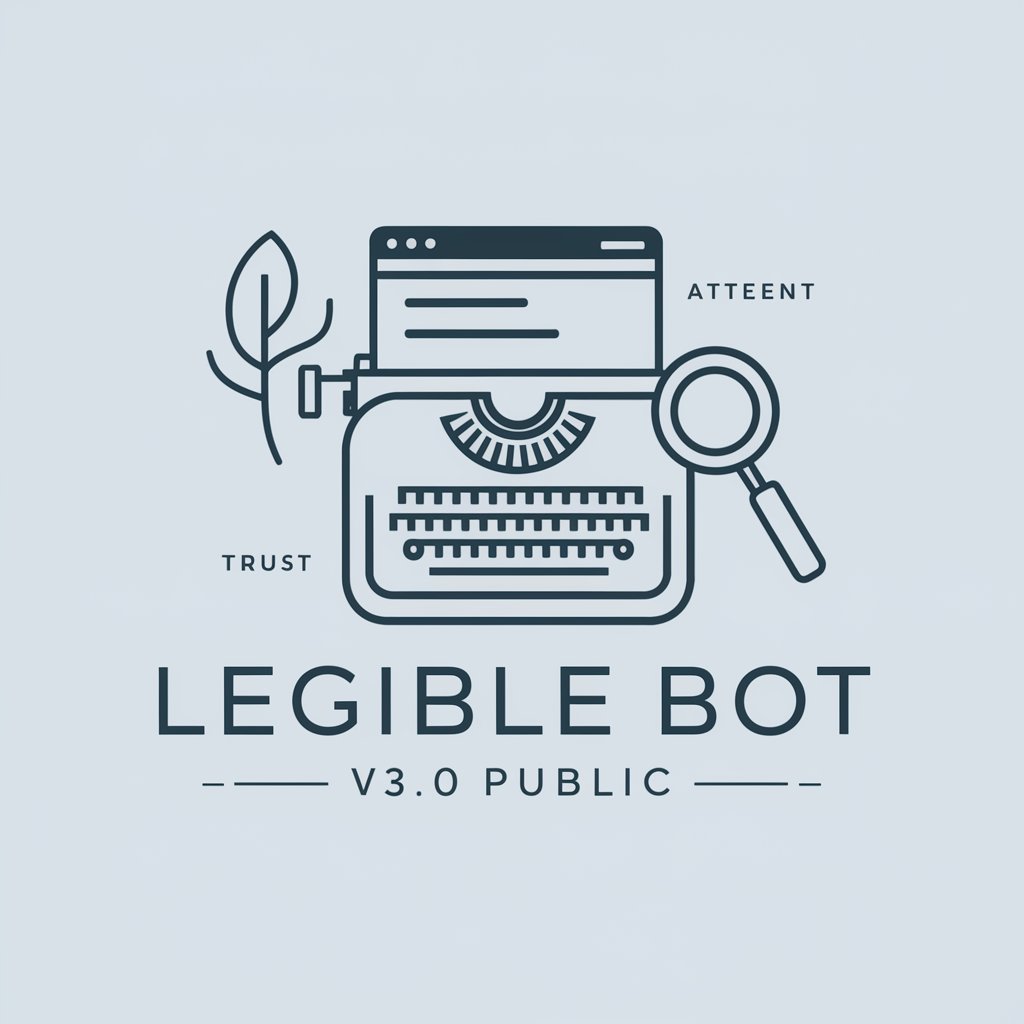
Manufacturing RD/BLs
Streamline Your Manufacturing with AI-Powered Insights
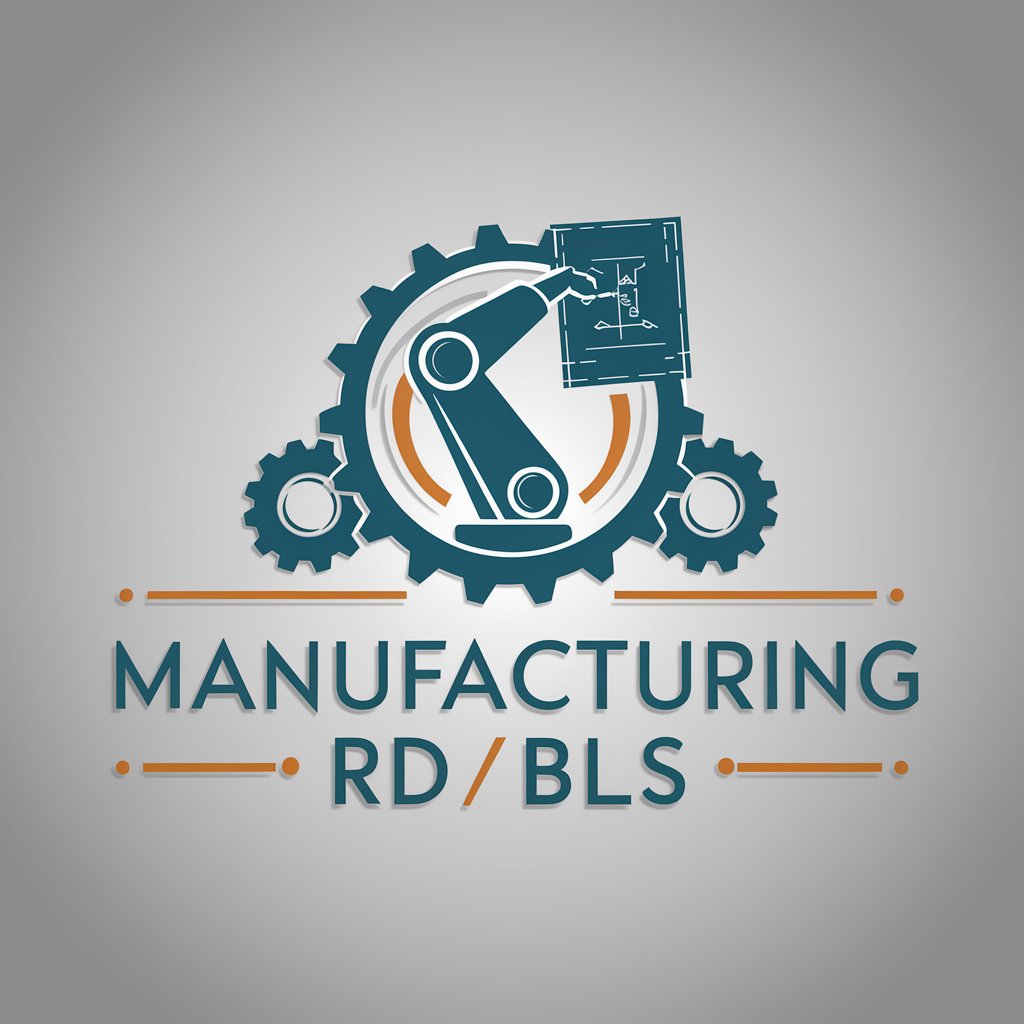
ResearchGPT (official)
AI-Powered Research Insights at Your Fingertips
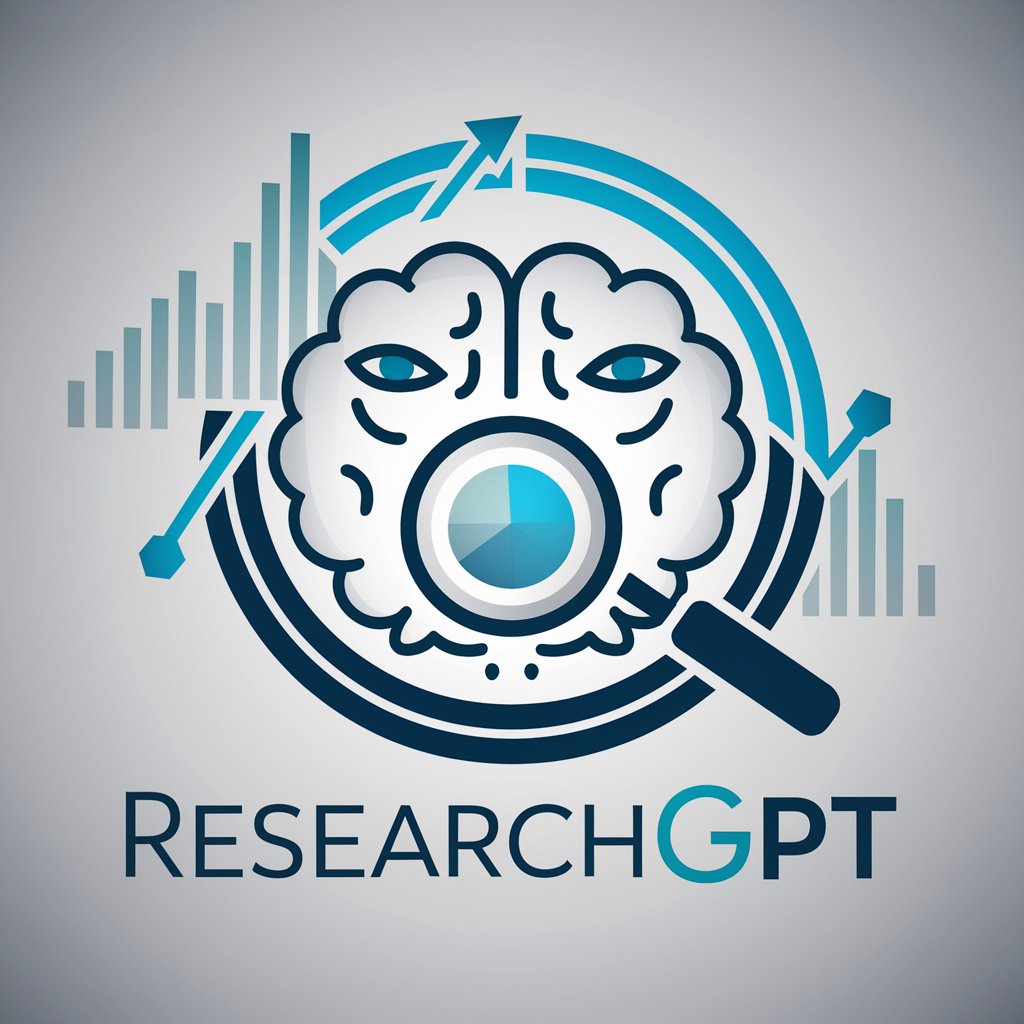
CodeMaster
Revolutionize Your Coding with AI
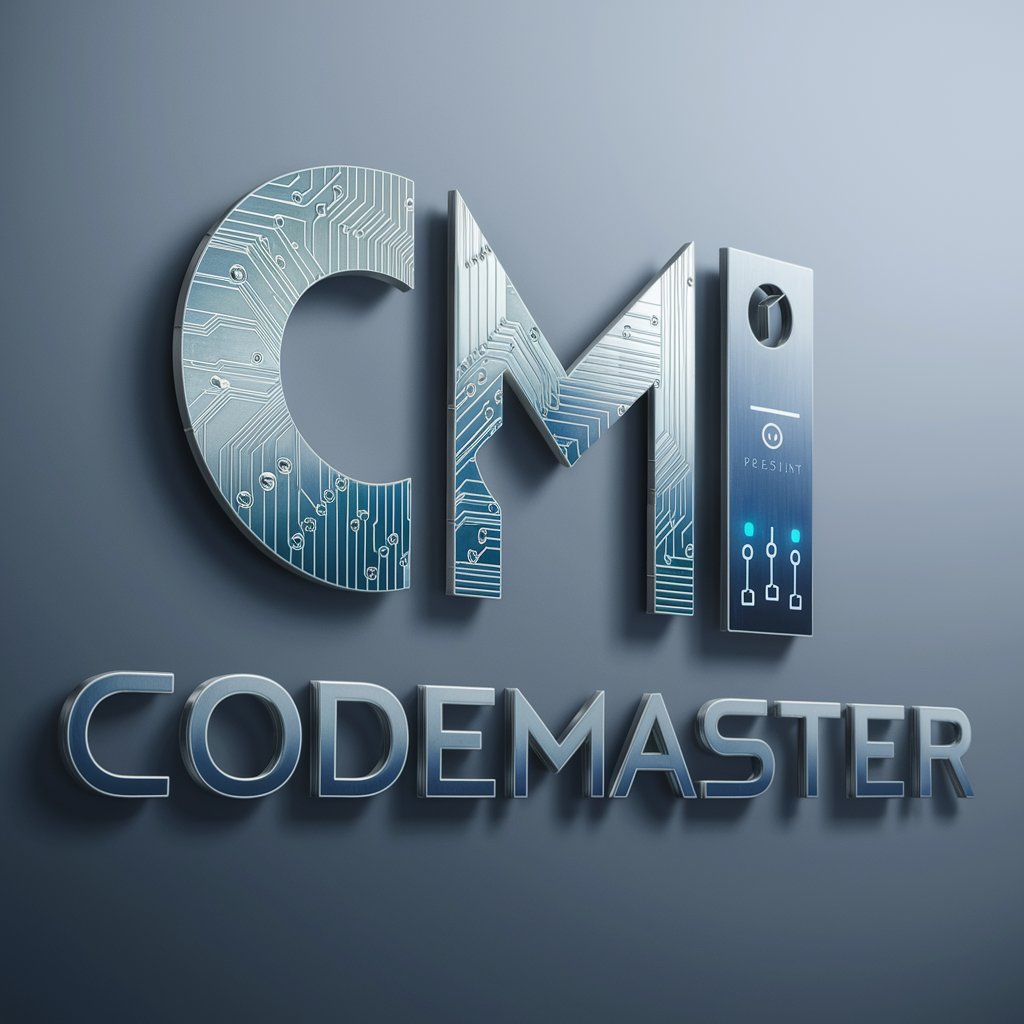
OrthoFR
Enhance Your French Writing with AI
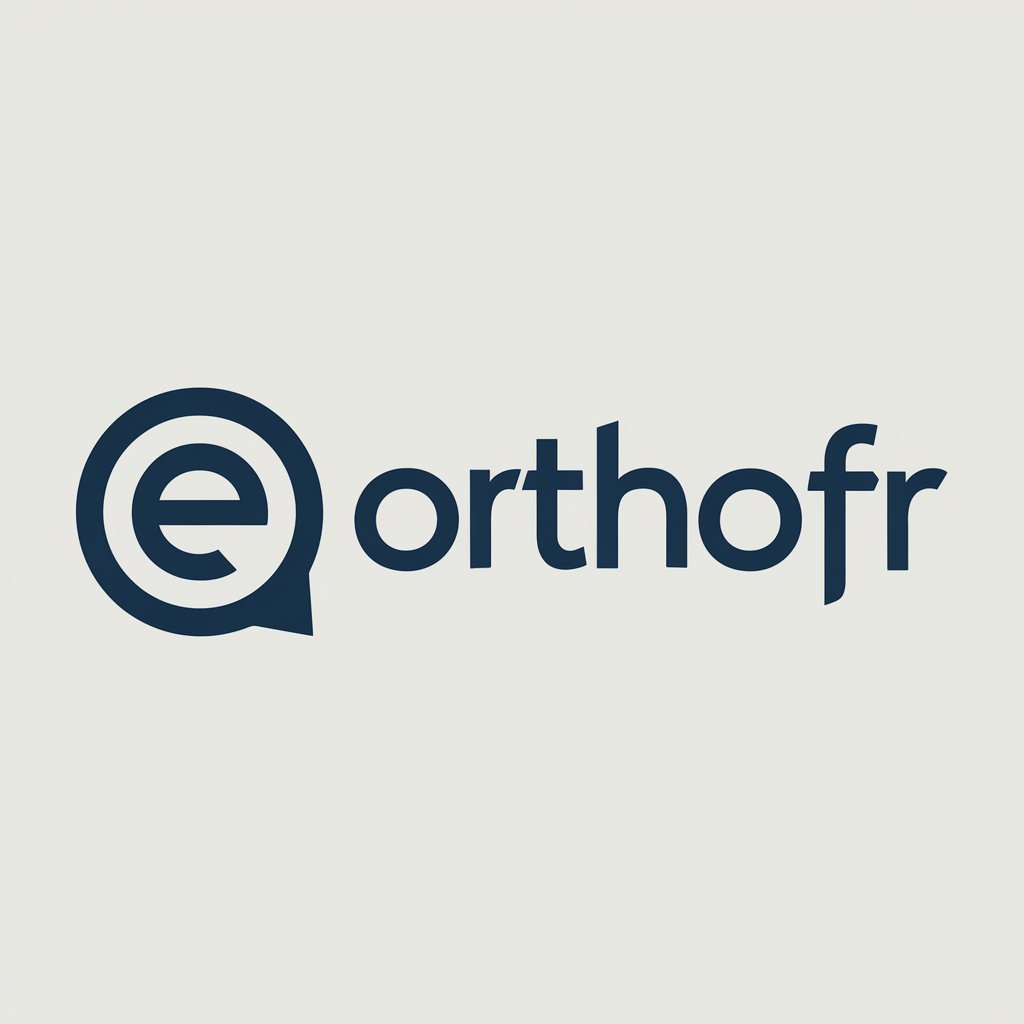
Industrial Organization Q&A
What is Industrial Organization?
Industrial Organization is a field of economics that studies the behavior of firms in competitive markets, focusing on how firms compete and how market structures affect economic outcomes.
How does Industrial Organization help businesses?
It helps businesses by providing insights into market dynamics, competitive strategies, and pricing mechanisms. This information can be critical for making informed decisions that enhance competitive advantage.
What are the key models used in Industrial Organization?
Key models include the Cournot and Bertrand models for competition, the Stackelberg leadership model, and various models of monopolistic competition and oligopoly.
Can Industrial Organization predict market outcomes?
Yes, by using theoretical models and empirical data, Industrial Organization can help predict market outcomes such as pricing trends, competition levels, and the overall health of industries.
What are the practical applications of learning Industrial Organization?
Practical applications include developing pricing strategies, understanding regulatory impacts, crafting effective market entry strategies, and evaluating the competitive landscape.
